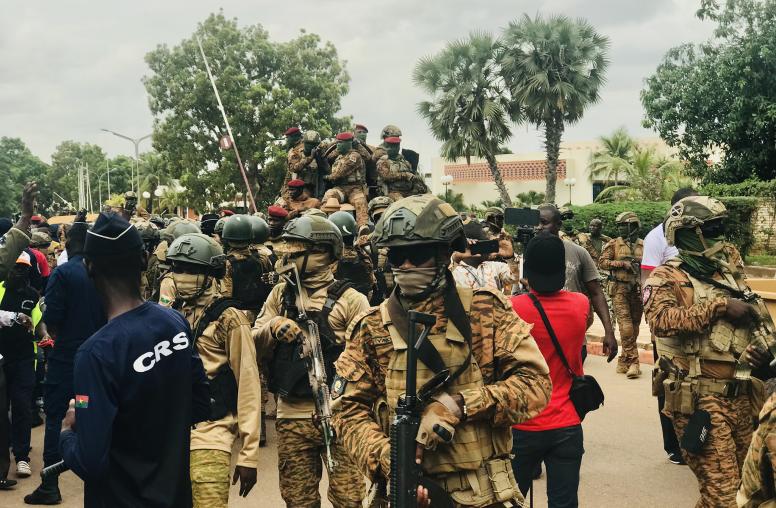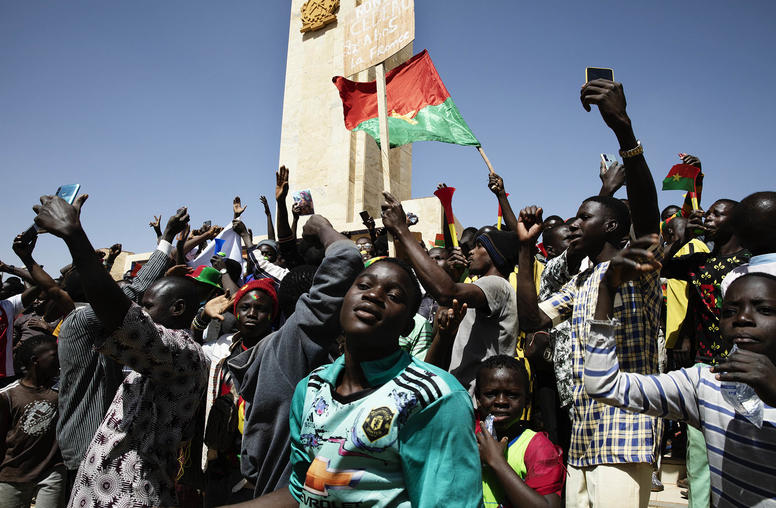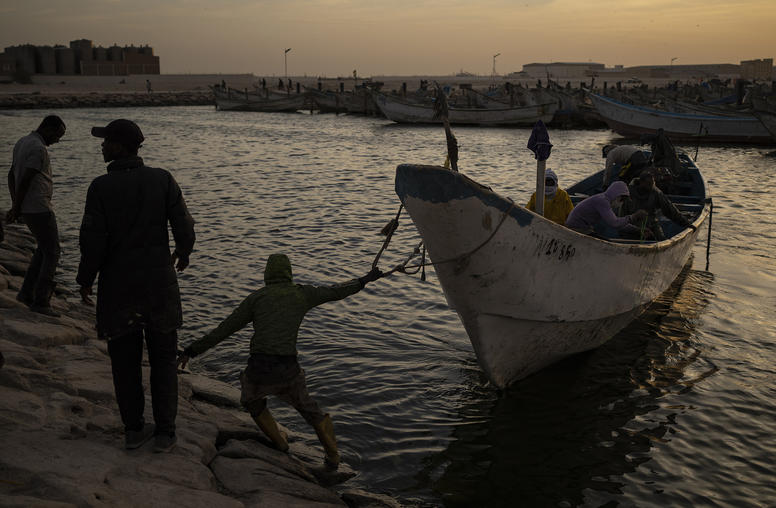Crisis in Mali: Causes and Options
Once an apparent pillar of democracy in West Africa, Mali has drastically deteriorated in 2012, with a coup bringing down the elected government in March and a combination of armed groups taking over vast areas of the desert north soon thereafter. This panel will discuss the root causes of Mali's instability and strategies for addressing those causes that can contribute to long-term peace and stability.
Read the event coverage, Complex Mali Crisis Analyzed at USIP Meeting

Once an apparent pillar of democracy in West Africa, Mali has drastically deteriorated in 2012, with a coup bringing down the elected government in March and a combination of armed groups taking over vast areas of the desert north soon thereafter. Those areas remain under the control of al-Qaida in the Islamic Maghreb, Ansar Dine, MUJAO and the MNLA, while a shaky interim government in Bamako seems to make little progress. Discussions are underway for the intervention of a regional force that will assist the Malian army in retaking the north, but there are many unanswered questions about the emerging plan. This panel discussed the root causes of Mali's instability and strategies for addressing those causes that can contribute to long-term peace and stability.
Panelists:
- Susanna Wing, Panelist
Associate Professor of Political Science, Haverford College - Michael Shurkin, Panelist
Political Scientist, RAND - Stephanie Pezard, Panelist
Political Scientist, RAND - Andrew Lebovich, Panelist
Sahel Analyst - Jon Temin, Moderator
Director of Sudan & South Sudan Program, U.S. Institute of Peace



